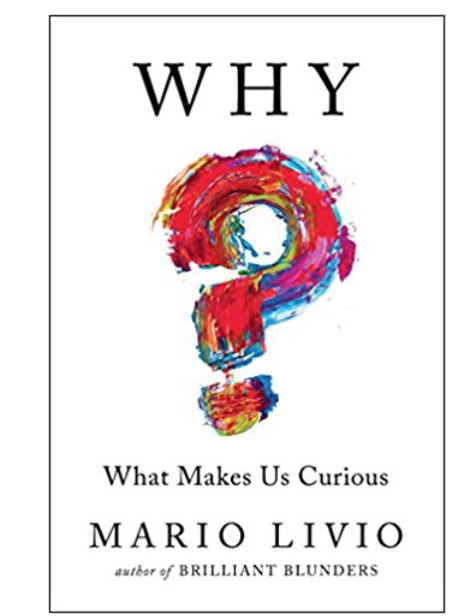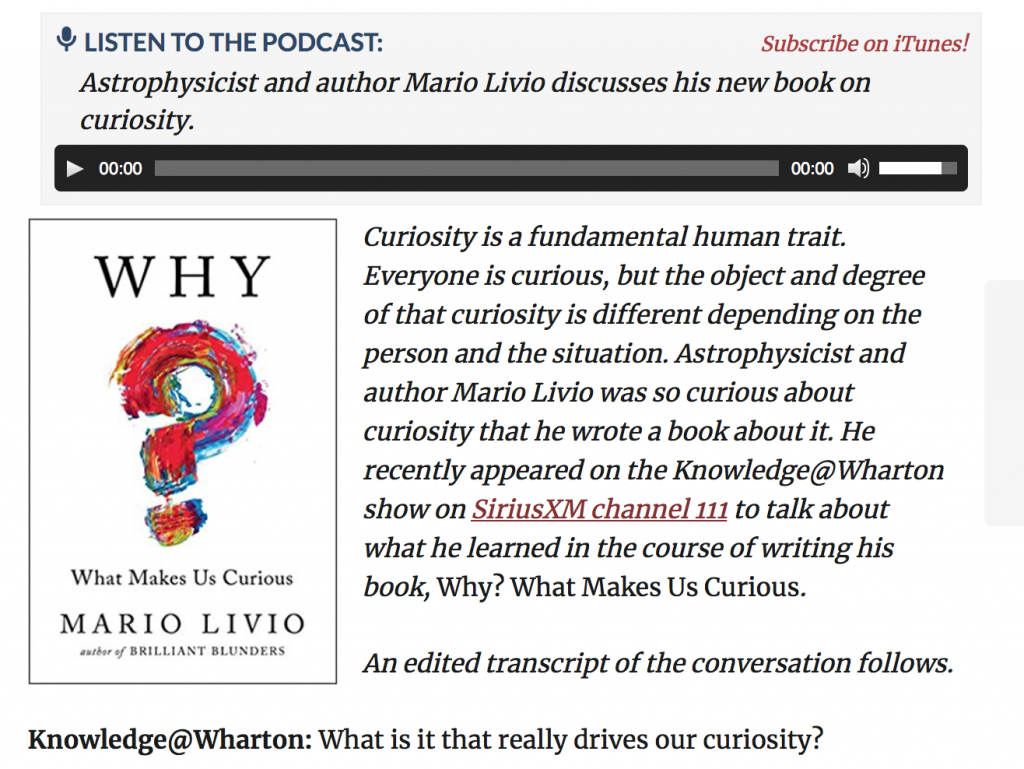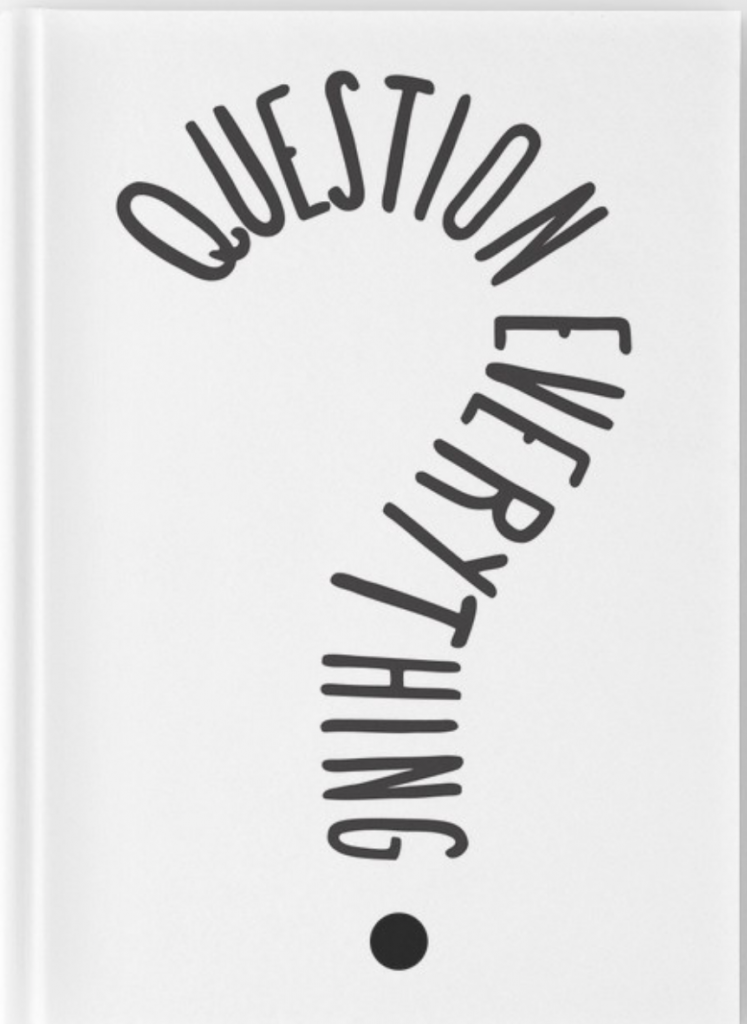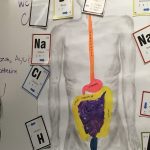The Science behind curiosity – Learn more about what makes us curious.
There is no single type of curiosity.
Curiosity comes in different flavors. “Specific/diversive curiosity” is a type of curiosity when you would like to know the answer to something fairly straightforward that can be answered by a simple internet search.
“Epistemic curiosity” is a type of curiosity when you want to learn more for the satisfaction and joy of learning. This is the type of curiosity when YOU try to learn more things for the sake of the fun of learning.
YOU can enhance/build your curiosity by being trained to ask questions.
One of the most powerful types of questions you can ask as a science student is “How”.
You can improve your curiosity. Start with something that you are interested in. Begin to ask questions about something that you like and enjoy about a topic.
Young children typically ask questions because they are interested in “cause and effect”. This means that their perceptual curiosity decreases as they get older.
As you get older your epistemic curiosity does not decrease. Your willingness to learn new things, to discover new things does not decrease as you get older.









